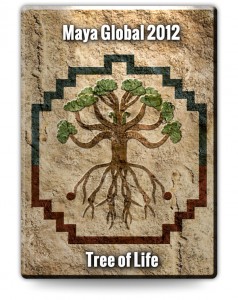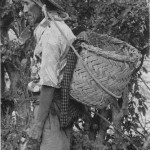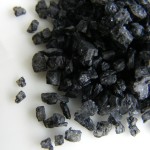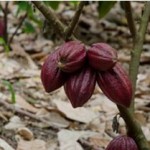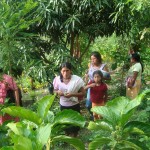OXWITIK CH’ORTI, INC.
This community foundation owned company is based upon the successful New Useful Forest methods developed by founder, David Sedat, David is a renowned archeologist that led the University of Pennsylvania’s excavation of the large Maya ruins in Copan, Honduras. He and his wife Julia have revitalized ravaged hillsides by planting useful trees (such as the fruit bearing Noni tree) whose roots hold the soil and retain water from running off. The enriched soil can then be used to grow a wide variety of other trees and crops.
There are now many acres of New Useful Forests, owned by Ch’orti farmers that are part of the 6,000 member “Nuevo Dia” organization, producing noni and a wide array of other crops. Oxwitik will have an Experimental station and Educational Center where they demonstrate their methods and expand the number of crops grown. Almost 100 useful species are growing on the Experimental Station, and they have several very promising new products imminent. Through investment of profits and savings, the project has expanded —it now includes land-parcels totaling 30 acres spread out within a 20-kilometer radius, so that differing conditions can be taken advantage of. They have built a showcase processing plant for natural herbal products, incorporating a state-of-the-art water purification system and eco-friendly solar and bio-gas driers. They work there to perfect recipes for hot sauces, flavored drinks, infused teas and health products.
Oxwitik Ch’orti has plans to work with existing tea growers to expand their product lines and include Maya black tea and the unique coffee tea. They are expanding their contacts with the Nuevo Dia group and have many more families using their methods. They have also initiated a carbon bank to help aid their efforts. Newly planted, useful trees are periodically audited by a regional banking authority operated in accord with the Honduran Superintendency of Banking just as if they were a cash deposit, with a formal “Certificate of Existence of Trees” issued. This innovative program will give sponsors an official verification of carbon-offset/carbon compensation and the assurance their support is truly being directed towards the environment.
All of these efforts form the nucleus of a diversified operation, but they need a reliable market outlet to survive. They are on the verge of having too much product. The Ch’orti cannot realize any value in their noni fruit or other products if there is no one to sell it to. Maya Global is talking with Oxwitik Ch’orti about helping to fund the facilities needed to produce all their products and package them in retail amounts. The success of this effort depends upon the creation of such a facility. This is a prime example of the problems facing the Maya. Tremendous progress has been made in converting barren lands into vibrant farms, but they cannot sell their crops. There is not enough money in the area to purchase what is produced. They need access to bigger markets. To gain it they must have upgraded facilities and they can’t afford it. That is precisely the mission of Maya Global 2012.
